Dr. Bruno Kahl is a man of mystery. He stopped appearing frequently in the public sphere. His contacts with the press were limited since 2016. But his words have a specific weight whenever he approaches to the public opinion.
Dr. Bruno Kahl is President of the Bundesnachrichtendienst (BND), the German foreign intelligence service. And he chose to give an extended interview to the German daily newspaper Süddeutsche Zeitung, published on July 12, where spoke about the Islamic State, Al Qaeda, Syria and Iraq, the German military missions in Africa and the future of Afghanistan.
The newspaper titled the interview, quoting Kahl, with “The struggle against IS is as far away from being over as the struggle against Al Qaeda.” As solution, the BND president proposes “showing presence”.
Both, “Islamic State” (IS) and Al Qaeda are still active and the latter is “partly spreading” according to Kahl, being commanded from its “centers” which the BND President still locates in Iraq and Syria.
Lack of statehood provides the terrain for IS and Al Qaeda
Kahl connects these organizations’ spread with the lack of statehood:
“We observe that they gain members especially, where state authority and structure is missing. There is the attractive conception to fill the vacuum and take part in the game: A new regime that both corresponds to the Sharia and carries social promises. This works in the Near and Middle East, fits to the Sahel Region and the countries in the southern part of Africa, and partly in Central Asia.”
Religion plays the role “to recruit members and satisfy the conscience”, but the main problem is the “lack of state structure”, says Kahl and proposes “the assertion of the state’s monopoly of violence, the building of governmental institutions” as “the only way to fight” these organizations.
The interviewing journalists then question the situation in Syria, the country where the state’s monopoly of violence was limited with Western support.
Stating the Syria was “a brutal police state and repression system before the civil war”, thus defending Western intervention, Kahl demands political reforms for the country:
“Certain minorities need to get a gasp of relief and rightfully expect a protection guarantee, before they can submit themselves to a new state authority. Whether this succeeds depends, not lastly, on external powers that have a say there: Russia, Turkey, Iran and of course the US.”
“The West can’t simply disappear from Africa”
Kahl defends European intervention into Africa and warns to keep military presence up. He states:
“This (the IS presence in Africa) was the reason for Europe to intervene – in order to stop the terror dominance from spreading from desert regions, which were politically comparatively irrelevant to populated and cultivated areas. We have succeeded in that for the moment. Now, these (terror) structures are spreading out and the states’ power is retreating. Therefore, Europe needs to do whatever necessary to stop this process. This also concerns Burkina Faso, Niger and partly Nigeria. We must support the states to regain control or at least to maintain it, wherever it’s possible.”
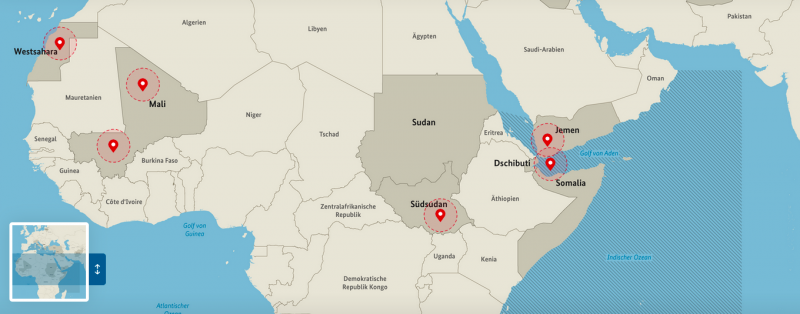
Source and graphic: Federal German Ministry of Defense
Saying that “The West can’t simply disappear from there”, Kahl calls to “show presence”, consider training missions and “internationalize the engagement in the Sahel Region”, referring to German-French deliberations.
And he warns against competitors and expectations:
“We cannot allow that the concerned countries search for help somewhere else, for instance Russia. Hence, we need to export security, without repeating past mistakes. We should not promise castles in the air, such as the export of European democracy or the rule of law, in other words, circumstances of paradise. This is first of all about organizing security.”
In the light of recent attacks on German soldiers in Mali, Kahl defends the military presence in Africa, saying “Europe must be conscious that this is our neighborhood, where risks in security have direct effects on us, be it the export of terror, migration or organized crime.”
Taliban is not like 2001
The president of the German foreign intelligence service BND also speaks about Afghanistan, stating success and change. Kahl says:
“Thanks to the parallel work of the Taliban on one hand and the governmental security institutions on the other, it was succeeded to keep IS on a small scale in Afghanistan. We have the impression that the Taliban are also not interested to give the countries that just retreated a reason to come back. It is in the interest of whoever governs in Kabul to keep terror structures away from there, as was agreed upon.”
Kahl evaluates on the Taliban as well. He states:
“The Taliban of 2021 are not the same as they were in 2001. The society has changed too. The Taliban will have an own interest not to totally lose the capacity to contact and dialogue with the West. They need money and they need support in the reconstruction of the country.”
Asked whether 20 years after 9/11, the Islamist terror needed to be accepted as “part of this world”, Kahl answers:
“We will not accept it, but we need to be continuously prepared to its existence. For the moment, we have no reason at all to give an all-clear-signal. Europe and the United States will be well advised to keep their joint capacities up to analyze and fight this terror.”
The German Intelligence Chief indicates an agreement in Afghanistan, insistence on western reform demands in Syria and increased military activities in Africa.


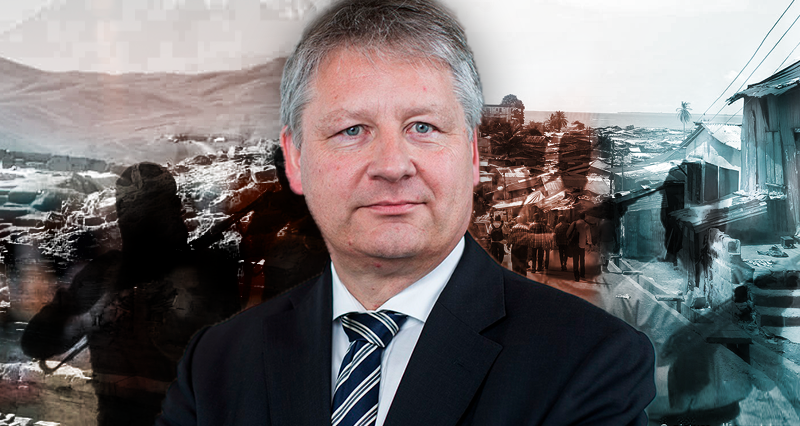

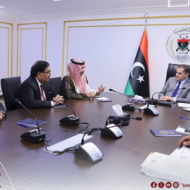


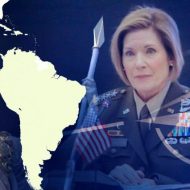
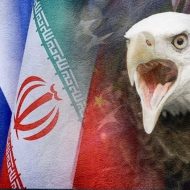
Leave a Reply